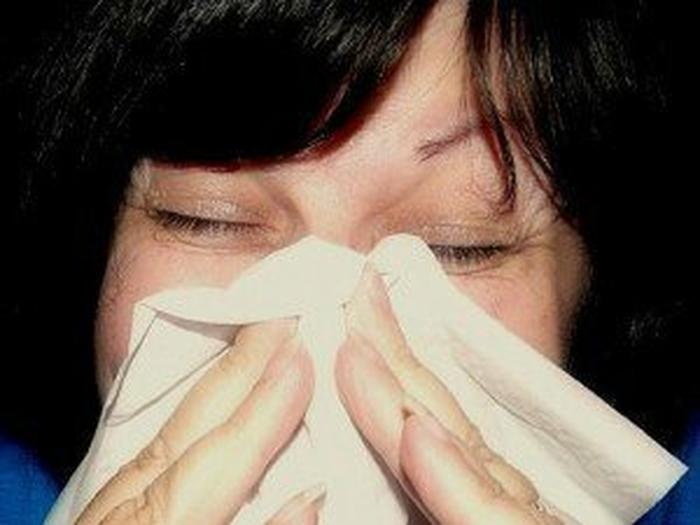
Sometimes it happens: the meeting is going downhill, the boss is angry, or the pressure is on. Suddenly, you’re choked up and tears are slipping out. Of course, you try to hold them back (check out our 7 Tips to Avoid Crying in the Workplace to help). But if you can't, it's time for a new plan: dealing with your tears.
These 4 strategies, recommended by Ms-JD.org, can help you respond to tears when they happen:
1. Forge ahead
When it’s not possible to “take a step back” to avoid tears, you might need to do the exact opposite: forge boldly ahead. “Most tears come up when we’re desperately trying to prevent them from happening. Keep talking as best as you can. You’ll probably find that your tears will diminish after a few seconds," says one expert.
2. Ignore it
In the short run, drawing attention to tears may make your audiences even more uncomfortable. They may feel obligated to console you or otherwise respond. If you ignore the tears, they can, too.
3. Deflect with a white lie
If the tears are coming and it doesn't feel like something you can completely ignore, you might breeze past the incident with a comment like "Excuse me, my contact lens is irritated," or "Do your allergies give you trouble this time of year, too?" Regardless of whether anyone believes it, the statement gives your audience an "out" to move past your tears a little more comfortably.
4. Be honest and direct
Sometimes the best way to diffuse your anxiety is to speak it aloud. It takes a kind of courage to calmly explain, "I am embarrassed that I've teared up. I find it difficult to discuss [the subject at hand]." Then just proceed with the discussion. Don't spend a lot of time explaining, or it will feel like you're fishing for sympathy or being manipulative. Just a few short sentences—you may want to rehearse and think through the exact words you'd want to say if such a situation ever arose.
Whatever you do, don't view your tears as a sign of a weakness. Fortunately there's at least one upside of tearing up: crying can actually be good for you. Research suggests that 9 out of 10 people feel better and exhibit reduced stress after crying. And tears may even help to keep the body healthy.
So if you find yourself tearing up at work, don't be too hard on yourself—deal with them, and move on.